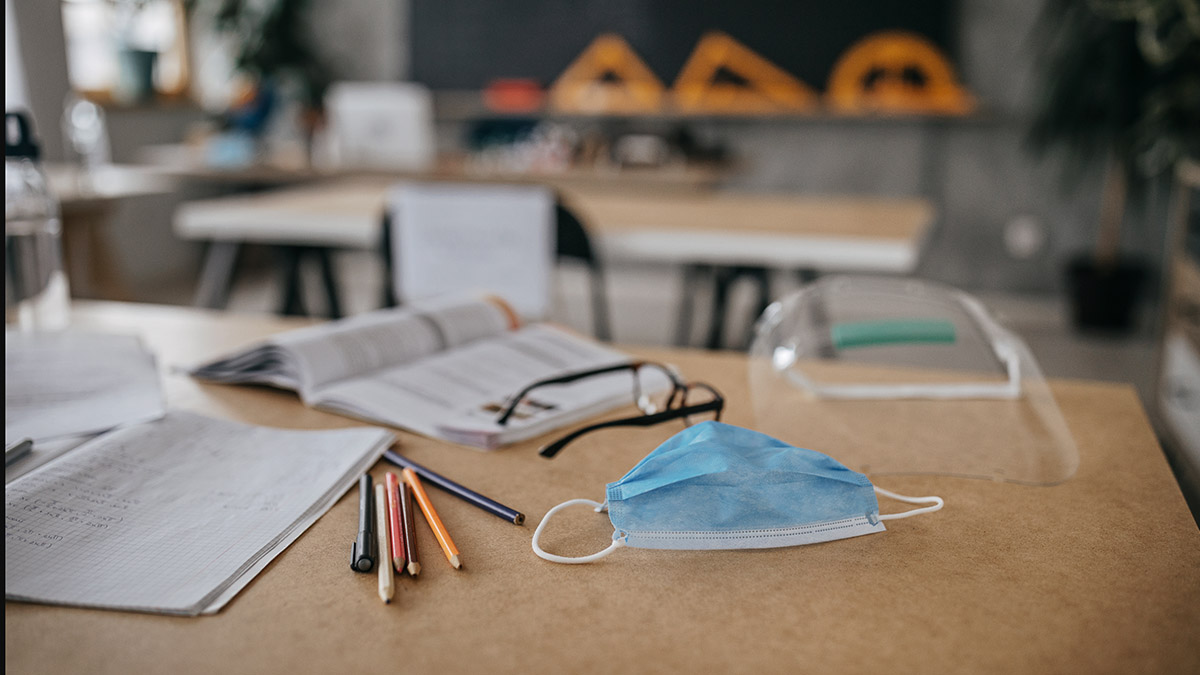Florida is receiving 6.4 million rapid coronavirus tests from the federal government, Gov. Ron DeSantis announced Tuesday.
DeSantis said the tests will come from the approximately 150 million that were acquired by the federal government and in addition to the tests that were already being sent to nursing homes and long-term care facilities.
CORONAVIRUS LATEST
DeSantis made the announcement during a news conference at BayCare’s Morton Plant Hospital in Clearwater.
DeSantis said senior centers and retirement communities will likely have priority for tests, followed by schools.
"I think it's gonna really contribute to our efforts as we continue to work to protect the most vulnerable to COVID but also making sure kids are in school and making sure folks are able to learn safely and not have healthy kids get sent home unnecessarily," DeSantis said.
On Friday, DeSantis issued an order allowing restaurants across the state to immediately reopen at full capacity under Phase 3. The order prevents cities and counties from ordering them to close or operate at less than half-capacity, unless they can justify a closure for economic or health reasons.
DeSantis also banned local fines against people who refuse to wear masks.
Florida has more than 700,000 COVID-19 cases and more than 14,000 virus-related deaths since the coronavirus pandemic began in March. But new infections and hospitalizations have been steadily declining since the state's caseload peaked in July.
DeSantis' move has been criticized by some, including Dr. Anthony Fauci, a White House coronavirus advisor and one of the nation's leading disease experts.
During an interview Monday, Fauci called Florida's recent decision to reopen bars and restaurants at full capacity "very concerning," saying he feared it will lead to another outbreak.
When asked about Fauci's comments Tuesday, the governor defended the decision.
“We’ve had restaurants open the whole time. Obviously, we had a 50% capacity,” DeSantis said.
But he said contact tracing did not show much spread at restaurants.
“The industry has had to really reimagine itself in terms of how you approach this, and if you go into restaurants, they’re doing things that was never required by any type of regulation, and so what we said was, ‘OK, you can’t close the restaurants,'” DeSantis said. “I’m confident that these restaurants want to have safe environments. And I’m also confident that as a consumer, if you don’t go and you don’t think they’re taking precautions, then obviously then you’re going to take your business elsewhere. So they have an incentive to do it.”



